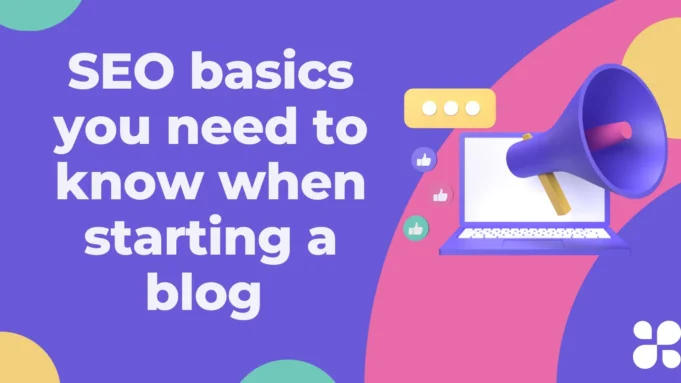Last Updated on April 15, 2024 by Ali Hamza
Search engine optimization (SEO) is a broad set of best practices that websites can use to improve their visibility in search engine results. It involves several technical details, but the main idea is that search engines look at things like the words on your website, the structure of your site, and how often your site is updated to determine its relevance to user searches.
The competition for high rankings on Google, Bing, Yahoo, and other search engines is fierce. Luckily, plenty of helpful resources are available to assist businesses in optimizing their websites’ performance. This blog post will walk you through the essentials of SEO that an SEO agency follows so you can get started today!
Know Your Audience
One of the first things you’ll need to do before diving into SEO is to know who your audience is. If you don’t know who you’re trying to reach, your SEO efforts won’t make much of a difference. Unfortunately, many businesses fail to understand their target audience, which leads to ineffective SEO practices.
This can result in a poor user experience, which leads to fewer sales and decreased foot traffic. To identify your ideal audience, you’ll want to consider factors like age, gender, location, income level, educational background, occupation, and more. Once you understand who your target audience is, you can tailor your website accordingly.
Build a Solid Foundation
When it comes to SEO, you’ll want to make sure you’re building your website on a solid foundation so that it can withstand the test of time. You can do this by having a strong domain name, excellent content, and consistent updates. Because search engines have become so sophisticated, you can no longer stuff your site full of keywords and expect to rank well.
Instead, you’ll want to create content that is both useful and relevant to your audience while also using keywords strategically. This means using keywords in your title tags, URL, headers, and content to a reasonable degree while also making sure your site is informative and helpful.
Write Great Content
Even if you do everything else right, if your content is substandard, you probably won’t rank well in search results. If you want to rank well in search engines, you must write great content. This doesn’t just mean you have to use appropriate keywords; it also means you have to write for your readers. Your content should provide value to your readers, be free of spelling and grammatical errors, and follow a logical structure.
A good rule of thumb is to make sure your content is about 1,000 words long, followed by a couple of short paragraphs. Your content should answer questions, provide advice, or address concerns that are relevant to your audience. If you want to rank well, your content needs to be better than the rest, so be sure to put in the effort to create truly great content.
Choose the Right Keywords
Keywords are the words or phrases that people are using to search online. By selecting keywords that are relevant to your business (and not too competitive), you can increase your chances of ranking well in search engines such as Google, Bing, and Yahoo. You’ll first want to identify what your audience is searching for, and then create your content around those topics. You can use a keyword research tool to find out which keywords are most likely to get clicks.
Then, decide which of those keywords are worth including on your site. You may also want to consider long-tail keywords that are more specific. Long-tail keywords tend to have higher search volumes than short-tail keywords, and they’re also easier to rank for. Once you’ve selected and incorporated your keywords, make sure to maintain consistency throughout your site and in your future content.
Make Your Site User-Friendly
Search engines like Google, Bing, and Yahoo use complex algorithms to determine the ranking of a given website. If your site isn’t user-friendly, your rankings will suffer. One way to ensure your site is easy to navigate is to use internal links. These are links that are found within your site’s content. To increase the ease of navigation on your site, use the same keywords that you used in your content.
Doing this will help search engines to recognize your site as user-friendly. Internal links are a useful tool for linking your pages together, which can help your readers find what they’re looking for more easily. They can also help you to rank higher in search engines by improving your site’s overall authority, as well as its appearance.
Bottom Line – SEO Takes Time and Effort
SEO is a long-term strategy, and it may take months (or even years) to see results. Although it can be frustrating, it’s important to remember that SEO isn’t something you can do for a couple of weeks and then forget about. You’ll need to commit to maintaining your website, publishing new content regularly, and keeping tabs on your progress.
If you want to rank well in search engines, you need to put in the effort to create a high-quality website. You’ll also need to regularly monitor your progress, make adjustments to your SEO strategy as needed, and be patient as your rankings climb. If you’re willing to put in the work and get started on the right foot, SEO can be a very useful tool for growing your business.

















